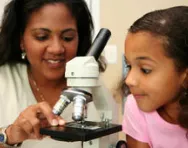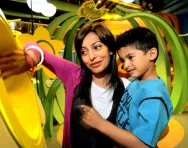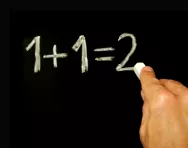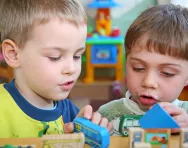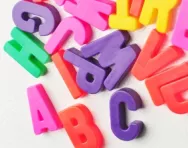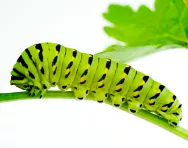Important update from TheSchoolRun
For the past 13 years, TheSchoolRun has been run by a small team of mums working from home, dedicated to providing quality educational resources to primary school parents. Unfortunately, rising supplier costs and falling revenue have made it impossible for us to continue operating, and we’ve had to make the difficult decision to close. The good news: We’ve arranged for another educational provider to take over many of our resources. These will be hosted on a new portal, where the content will be updated and expanded to support your child’s learning.
What this means for subscribers:
- Your subscription is still active, and for now, you can keep using the website as normal — just log in with your usual details to access all our articles and resources*.
- In a few months, all resources will move to the new portal. You’ll continue to have access there until your subscription ends. We’ll send you full details nearer the time.
- As a thank you for your support, we’ll also be sending you 16 primary school eBooks (worth £108.84) to download and keep.
A few changes to be aware of:
- The Learning Journey weekly email has ended, but your child’s plan will still be updated on your dashboard each Monday. Just log in to see the recommended worksheets.
- The 11+ weekly emails have now ended. We sent you all the remaining emails in the series at the end of March — please check your inbox (and spam folder) if you haven’t seen them. You can also follow the full programme here: 11+ Learning Journey.
If you have any questions, please contact us at [email protected]. Thank you for being part of our journey it’s been a privilege to support your family’s learning.
*If you need to reset your password, it will still work as usual. Please check your spam folder if the reset email doesn’t appear in your inbox.
Reception science: what your child learns
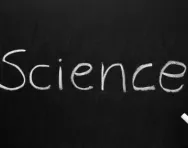
At this age, science is studied as part of ‘Knowledge and Understanding of the World’, and the aim is to help children to make sense of the world around them.
They will learn to develop their skills of observation, prediction, critical thinking and discussion, which will come in useful throughout school, not only in science, but also in subjects such as history, geography, ICT and design technology.
The children will conduct experiments, be encouraged to explore different methods of discovery, and they will start to use drawings and charts to present their findings. This is a fun and practical part of the curriculum, as the children will work with a range of materials both inside and out of the classroom.
They may go on a school trip based around one of their topics; for example, if they have studied animals, there could be a visit to a local farm.
Science in Reception – what your child will learn
Topics
Your child may study aspects of one or more of these topics throughout the year:
- Minibeasts (insects)
- Animals
- Plants
- People who help us
- Festivals and celebrations
- Ourselves
- Where we live
- Water
- Seasons and weather
- Communities and cultures
- Time
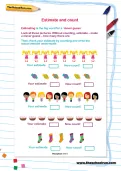
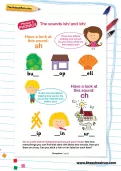
Start the Reception Learning Programme today!
- Weekly maths, English & science worksheets direct to your inbox
- Follows the National Curriculum
- Keeps your child's learning on track
As part of their topic work, the children will also be developing a range of other skills:
Investigation and exploration
- How to use their senses to investigate objects and materials
- Looking at objects and observing similarities, differences, patterns and changes
- Finding out and identifying features of living things, objects and events
Try this at home
- Go for a walk and make up a nature box with leaves, twigs, fir cones or anything else you find
- Experiment with water – put objects in the bath and get your child to guess which will float, and which will sink
- Blow bubbles – then see which way the wind blows them
- Visit a museum and look for the oldest things your child can find
- Take a magnifying glass into the garden and go on a bug hunt. Draw pictures of the insects you see with your child
- Think about your route to school and make a map, including any important buildings
For practical, fun ways to explain basic science to your child look through our science worksheets for Reception.
Design and construction
- Using a wide range of materials to build
- Choosing the right tools to make, measure, cut and join
- Making an object with a purpose and being able to describe it
ICT
- How we use ICT in everyday situations
- Programmable toys
- How to complete a simple program on a computer
- Using a mouse and keyboard and being able to click on an icon
